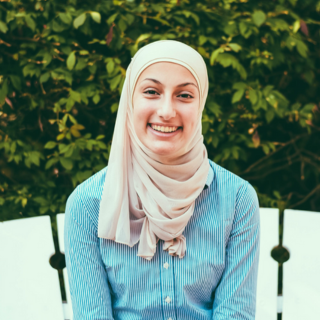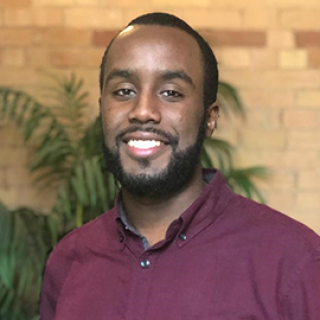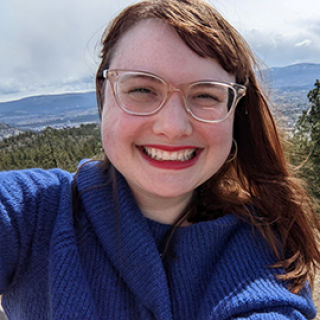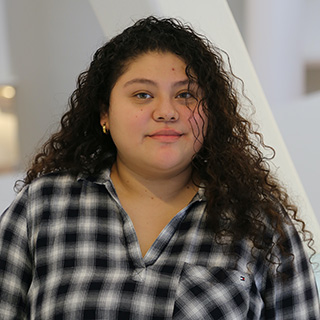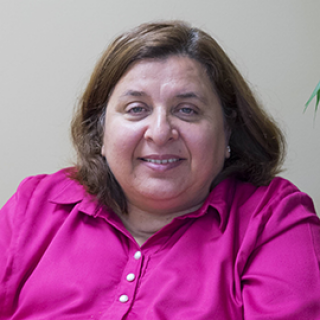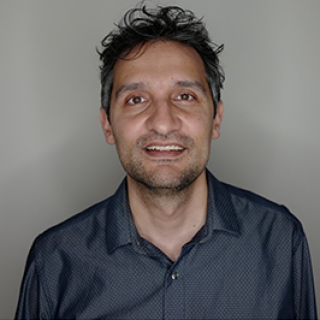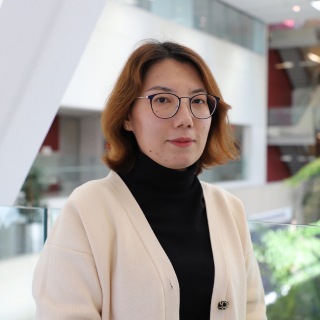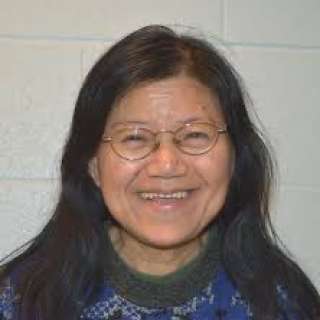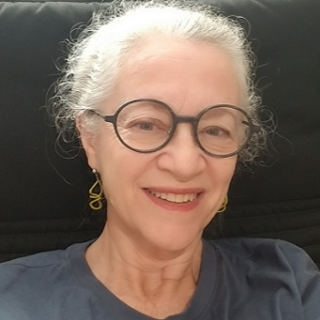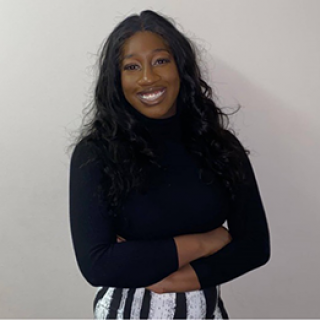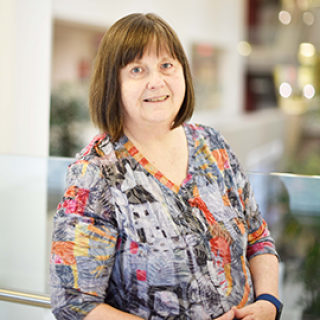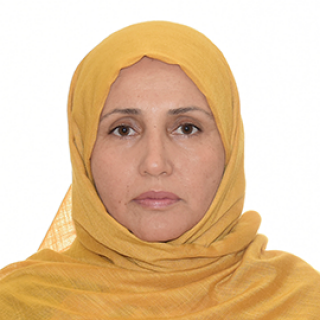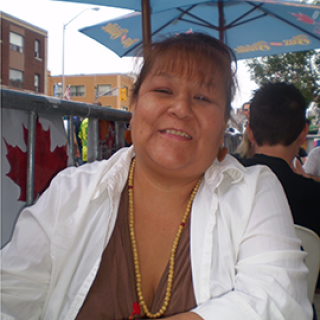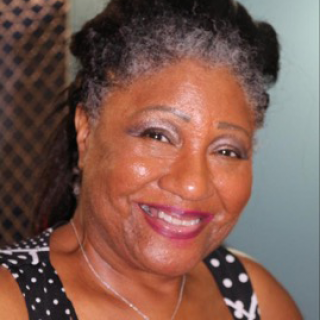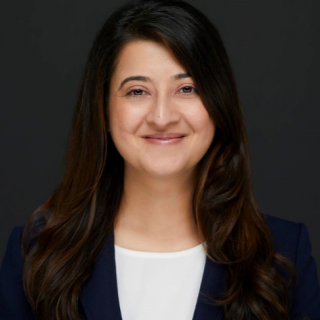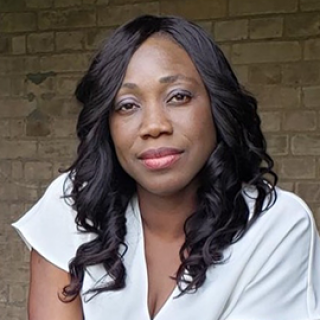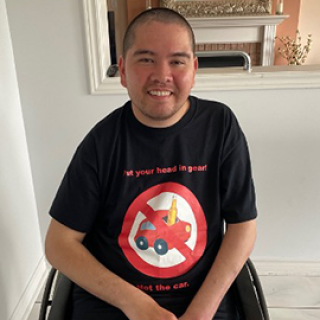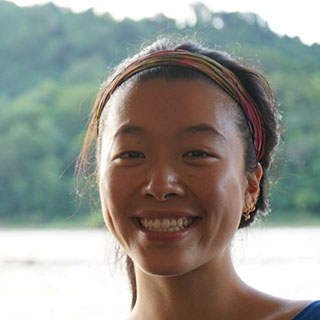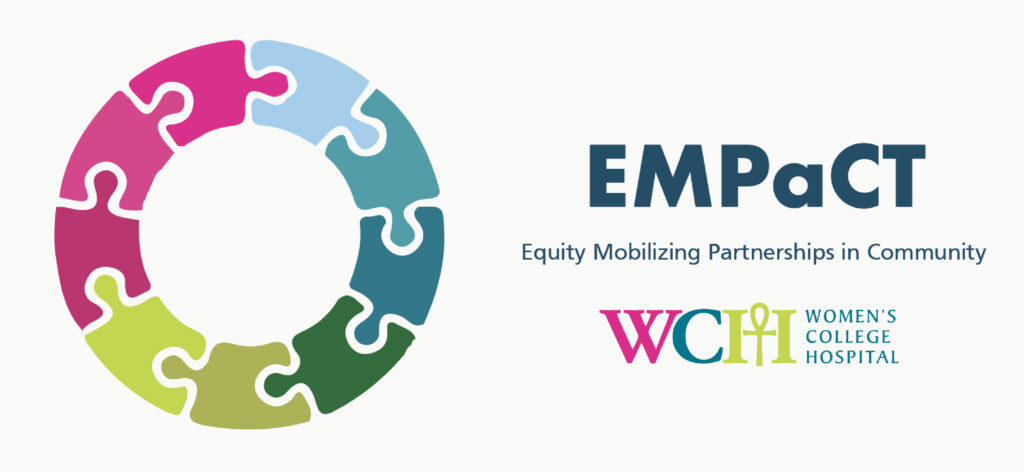
Learning from Diversity: An Innovation in Inclusive Engagement
If we want an inclusive health system that is socially just and fair for all, we need to hear from people who have diverse lived experiences and apply a health equity lens to everything. Equity Mobilizing Partnerships in Community (EMPaCT) is an innovation that addresses both.
EMPaCT Community Members
Equity Mobilizing Partnerships in Community (EMPaCT) is a novel and scalable patient partnership model co-designed to center the voices of diverse community members and build capacity for equity-focused patient-oriented decision-making in healthcare. EMPaCT was co-initiated in 2020 by patient-oriented researcher, Dr. Ambreen Sayani (Scientific Lead) and patient partner, Alies Maybee (Patient Partner Lead) who set out to challenge exclusionary patient engagement practices in healthcare.
Our vision is to connect patient/community voices into healthcare decision-making in a timely, efficient and equitable way so that policies, research, and programs include the perspectives of diverse peoples.
EMPaCT is an award-winning model of diverse and inclusive patient engagement that is spreadable and scalable.
EMPaCT was co-designed by diverse members of community as a space where:
- People with diverse lived/living experiences can engage with health and social system decision-makers in a safe way
- The collective lived/living experiences of people are mobilized into knowledge through community-based Health Equity Analysis
- Recommendations are provided to decision-makers on how to make their projects more inclusive and equity-promoting
- New research questions and policy directives are initiated that are person-centered and community-driven
EMPaCT is recognised for its leadership in developing:
- Novel scientific knowledge on the processes, outputs and outcomes of equity-oriented patient partnerships.
- Capacity in the healthcare ecosystem for meaningful and impactful patient engagement practices through experiential learning opportunities, mentorship and knowledge dissemination activities.
Members of EMPaCT also directly inform the design and activities of the Improving Cancer Care Equity (ICCE) Research Program led by Dr. Ambreen Sayani. ICCE is focused on increasing equity in cancer care through promoting cancer prevention, early detection and access to high quality cancer care for all population groups.
Interested in learning from diverse members of community?
As a project implementer (EMPaCT Impact Partner) who wants to learn from people with diverse lived/living experiences, you can consult with EMPaCT.
Every month, EMPaCT collaborates with project implementers working in the Canadian healthcare system to help them enhance the inclusivity of their work and to identify tangible ways to advance health equity within the scope of their project.
Impact Partners play a critical role in supporting our group’s financial sustainability.
Learn more about the EMPaCT consultation model below.
Interested? Contact Dr. Ambreen Sayani at (ambreen.sayani@wchospital.ca), Scientist at the Women’s College Research Institute, Women’s College Hospital.
Who engages with EMPaCT?
EMPaCT works with project implementers (EMPaCT Impact Partners) who are motivated to learn from people with diverse lived experiences, enhance the inclusivity of their work, and reduce health inequities.
Impact Partners include:
- health system decision-makers
- policy-influencers including health/social service administrators
- research and quality improvement teams
What do engagements with EMPaCT result in?
Engage with EMPaCT understand:
- how different communities might be impacted by a project
- what unintended outcomes may occur as a result of a project
- how equity in health can be better addressed for the communities involved
Impact Partners receive a confidential written report validated by all EMPaCT members, which captures the key themes and recommendations from the consultation.
EMPaCT has also built expertise as a group to conduct Health Equity Analysis. Unlike most HEAs which are conducted by scientists and policy administrators, EMPaCT members use the diversity of their lived experiences as a collective analytical lens to deliver HEA evaluations and recommendations.
To our understanding, we are the first community-based group of people with diverse lived experiences to offer and conduct HEAs.
To learn more about how we work, view this video: EMPaCT: Partnering for Change
How does an Engagement with EMPaCT Work?
Once you have booked a consultation, you complete an Intake Package. This Package is reviewed during Scoping and Preparatory Meetings with the EMPaCT organizing team. During these meetings, you receive coaching and feedback to help prepare you for an effective engagement with EMPaCT. Finalized materials are shared with EMPaCT members in advance of the consultation.
We invite between two to three Impact Partners (including at least one decision-maker) on a project to participate in the consultation process.
EMPaCT Engagement process in five steps:
Step 1: Scoping Meeting: The Scoping meeting refines the scope of the consultation to focus on what value EMPaCT can bring to your Impact Partner’s project.
After the meeting, you revise the Intake Package materials (an intake form and consultation slides) as needed and return them before the Preparatory Meeting.
Step 2: Preparatory Meeting: This meeting is to refine the questions you would like to discuss with EMPaCT members during the consultation. You also receive coaching on how to create a space for authentic dialogue and learning.
The finalized consultation slides will be used during the community consultation.
Step 3: EMPaCT Community Consultation: During the consultation, you engage members of EMPaCT to learn:
- how different communities might be impacted by your project
- what unintended outcomes may occur from your project
- how equity in health can be better addressed for the communities involved
Step 4: Written Report: You will receive a confidential written report validated by all EMPaCT members, which captures the key themes and recommendations from the consultation.
Step 5: Feedback from Impact Partner: In the spirit of reciprocity and transparency and to continuously evaluate our group’s impact, you will provide feedback on how you modified your project based on your consultation with EMPaCT. You also share your feedback on the engagement process.
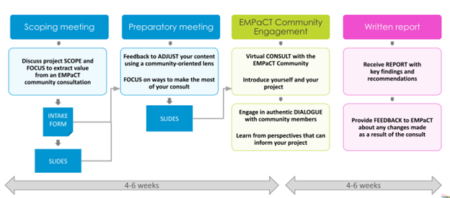
Interested in a health equity focused consultation with EMPaCT? Contact Dr. Ambreen Sayani at (ambreen.sayani@wchospital.ca), Scientist at the Women’s College Research Institute, Women’s College Hospital.

|
Engaging With Everyone Toolkit |  Publications |
 Digital Library |
 Diversity Jigsaw Activity |
 Engagement Meter Activity |
EMPaCT Awards:
- Engaging Multi-stakeholders for Patient Oriented research Wider Effects & Reach (EMPOWER) Award, Ontario Strategy for Patient-Oriented Research (SPOR) Support Unit (OSSU) (2021). The Ontario SPOR SUPPORT Unit is supported by the Canadian Institutes of Health Research and the Province of Ontario.
- Quality Award. Quality Improvement Patient Engagement Award, Women’s College Hospital (2022).
Funding in support of our work:
|
Funder
|
Project
|
|---|---|
|
Public Health Agency of Canada
|
Scaling up Equity-Mobilizing Partnerships in Community (EMPaCT) to Facilitate Intersectoral Action on the Social Determinants of Health |
|
Canadian Institutes of Health Research |
Promoting equity, diversity and inclusion in patient-oriented research by disseminating lessons learned from a co-designed innovation in equity-focused patient engagement: Equity-Mobilizing Partnerships in Community (EMPaCT)
|
|
Canadian Institutes of Health Research
|
An equity-oriented patient engagement theory of change model |
| Ontario Strategy for Patient-Oriented Research (SPOR) Support Unit (OSSU) | Co-building Equity-Mobilizing Partnerships in Community (EMPaCT) to increase impact through equitable patient-oriented partnerships in research, policy and practice. |
EMPaCT Resource library:
Digital library: Members of EMPaCT co-create videos and learning materials and use them to share key concepts. You can access these tools here: EMPaCT Digital Library
Impact Partner consultation reports: These are confidential reports issued to Impact Partners that summarise their engagement with EMPaCT. These reports include key findings from the consultation and actionable recommendations for project-implementers.
Academic co-authored publications:
Building equitable patient partnerships during COVID19: Challenges and key considerations.
Sayani, A., Maybee A., Manthorne J., Parsons. J., Bloch. G., Hwang, S. W, Nicholson, E., & Lofters, A. (2021). Healthcare Policy 17 (1).
Equity-Mobilizing Partnerships in Community – EMPaCT: Co-designing patient engagement to promote health equity.
Sayani, A., Maybee A., Manthorne J., Parsons. J., Bloch. G., Hwang, S. W, Nicholson, E., & Lofters, A. and the members of Equity-Mobilizing Partnerships in Community (2022). Healthcare Quarterly 24 (Special issue).
Using the Power Wheel as a transformative tool to promote equity through spaces and places of patient engagement.
Sayani, A., Cordeaux, E., Wu, K., Awil, F., Garcia, V., Hinds, R., Teji, T., Khan, O., Lee, B., Mensah, D., Monteith, L., Masawi, M., Rathbone, M., Robinson, J., Sterling, S., Wardak, D., Amsdr, I., Khawari, M., Niwe, S., Hussain, A., Forster, V. J., & Maybee, A. (2024). BMJ Open.
HowNotToDoPatientEngagement: the engaging with purpose patient engagement framework based on a twitter analysis of community perspectives on patient engagement.
Dunstan, B., Buchanan, F., Maybee, A. Lofters, A. Sayani, A. (2023). Research Involvement and Engagement 9, 119
Policy briefs
To request a specific knowledge translation product please email Dr. Ambreen Sayani at ambreen.sayani@wchospital.ca.
The members of EMPaCT cover a wide range of diverse and intersectional lived experiences. Our experiences are best represented by the diversity jigsaw.
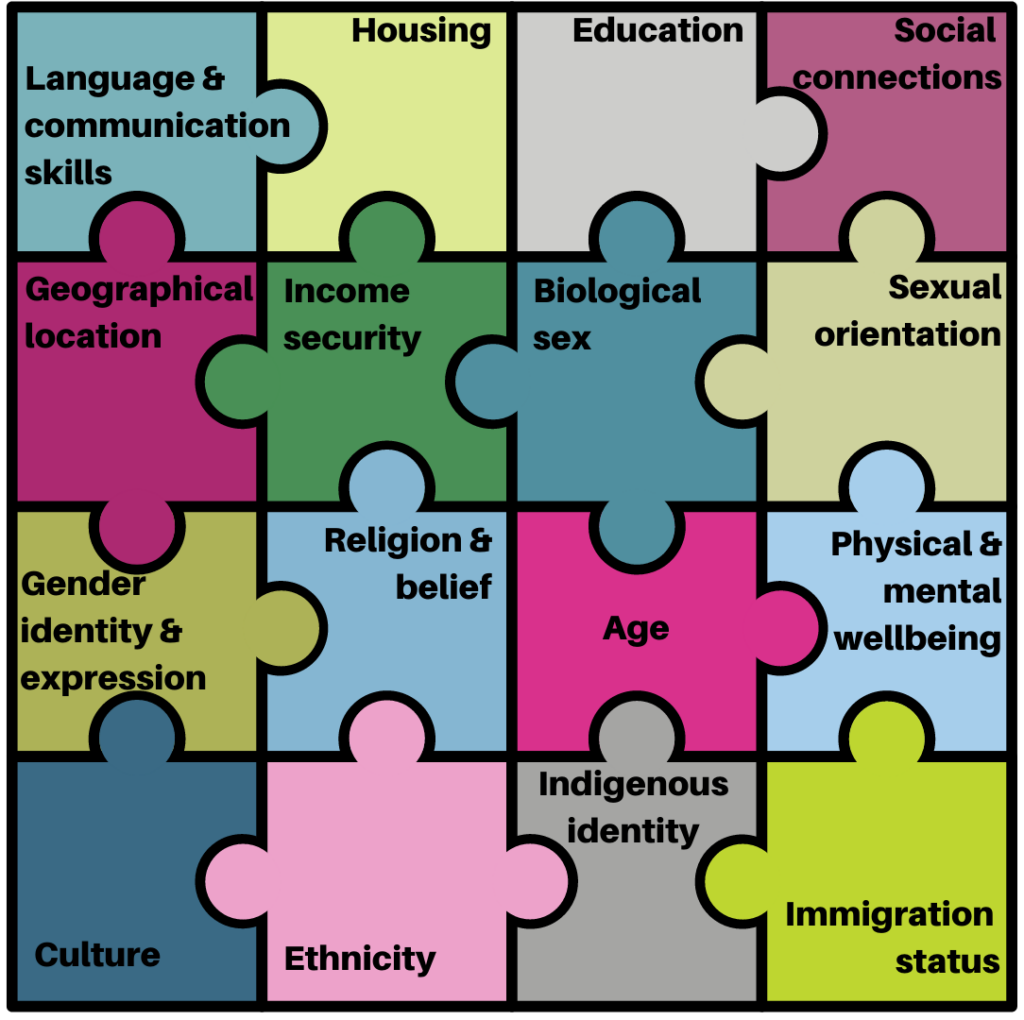
You can learn more about the members of EMPaCT below:
